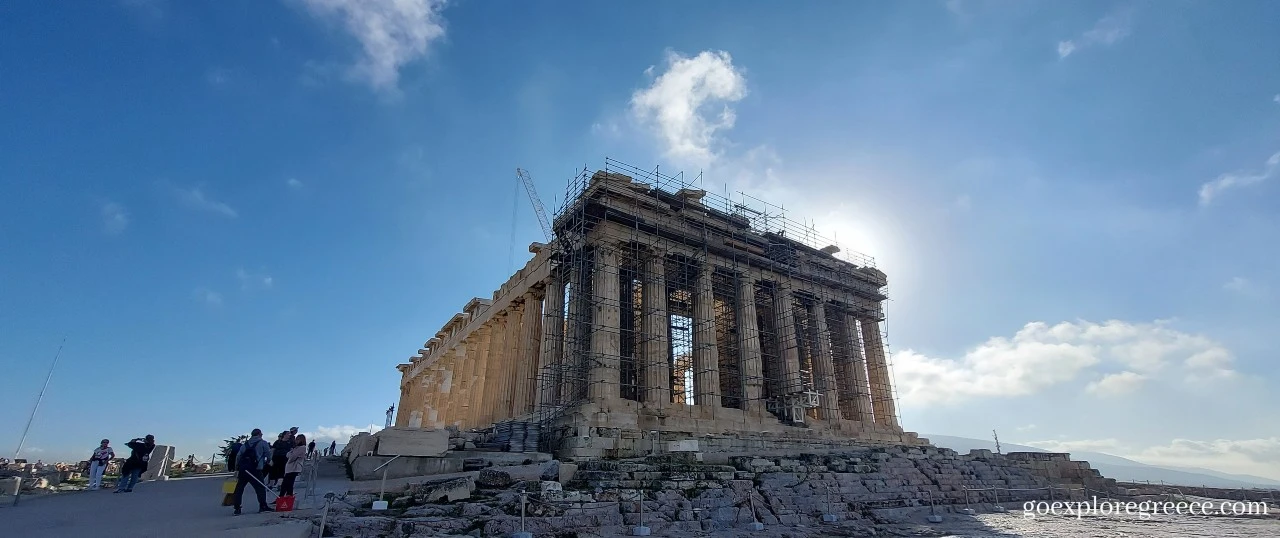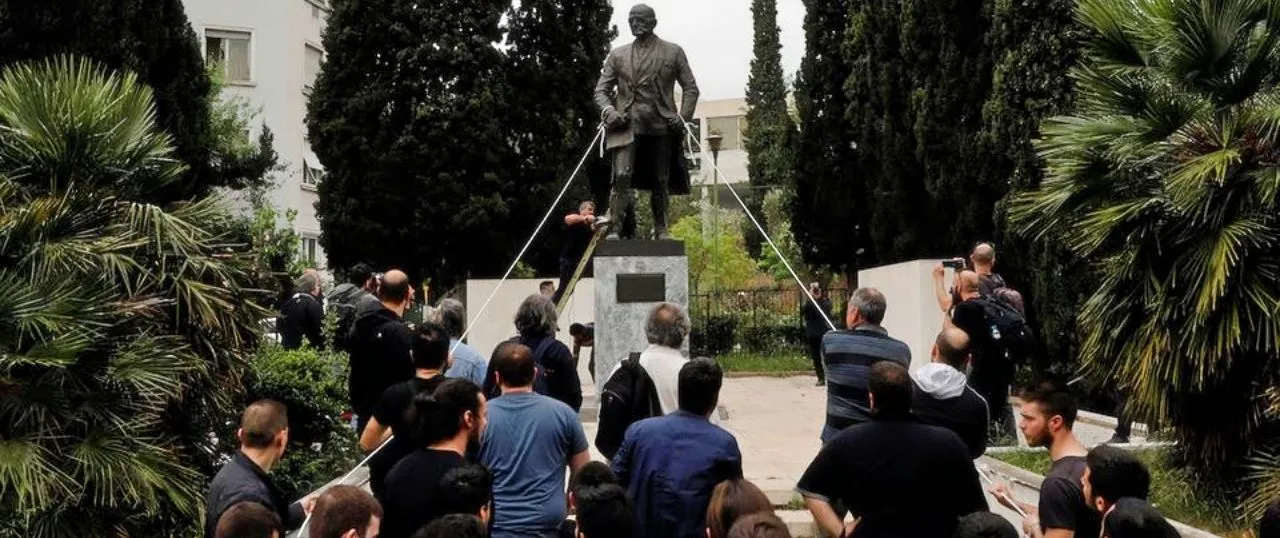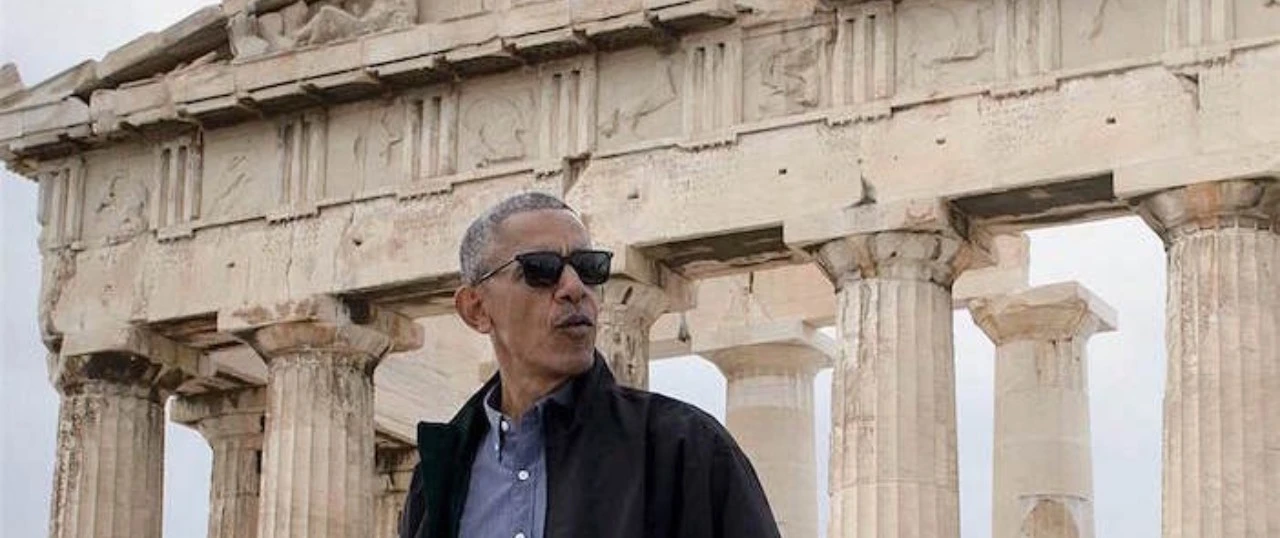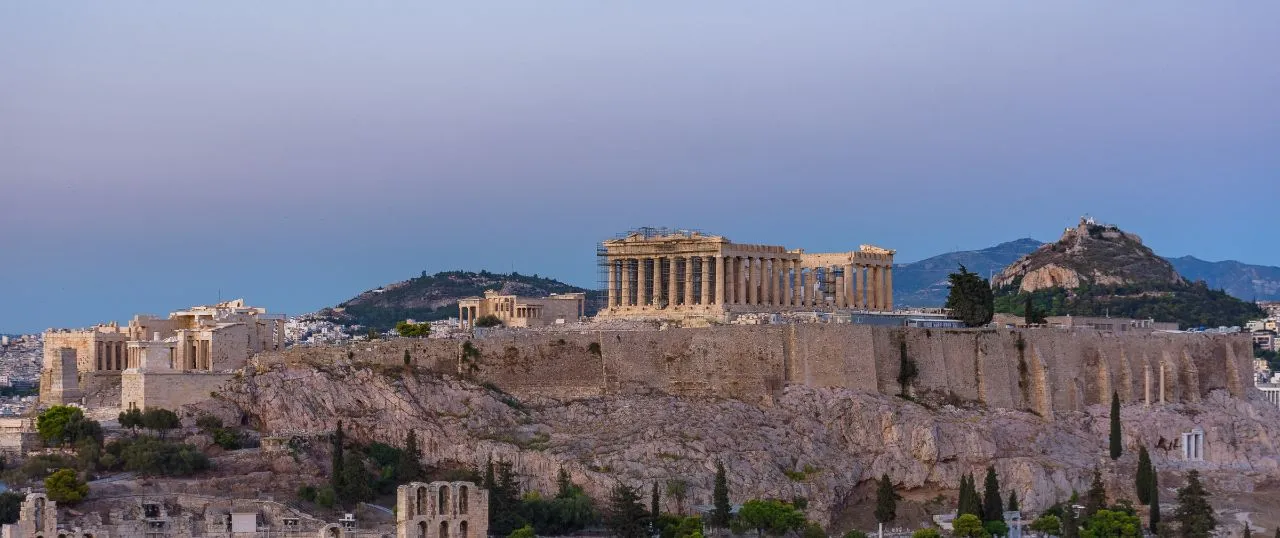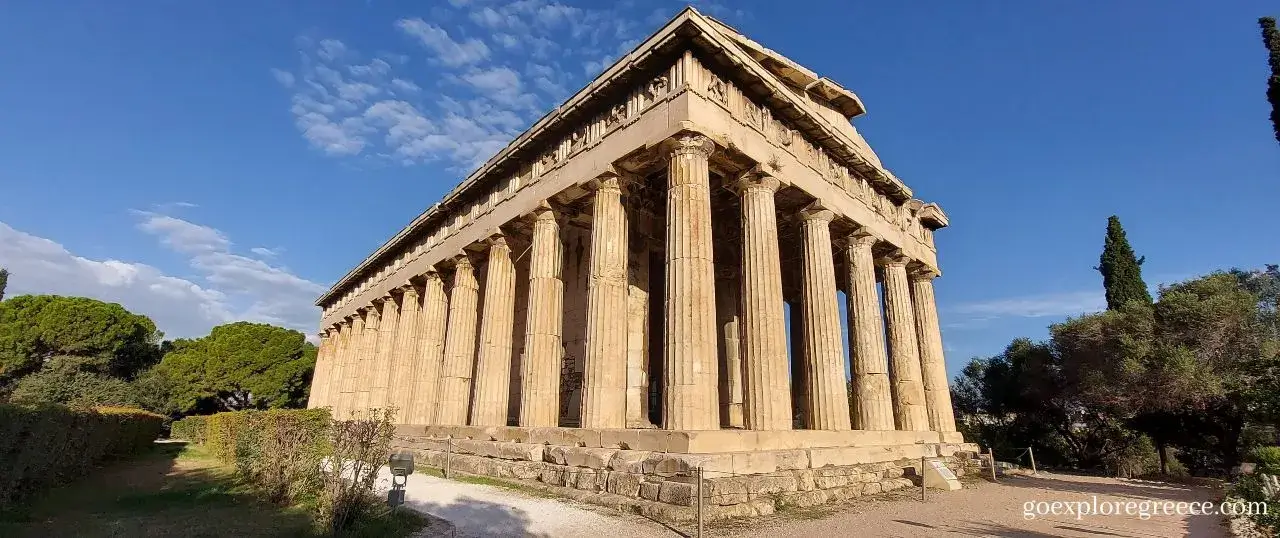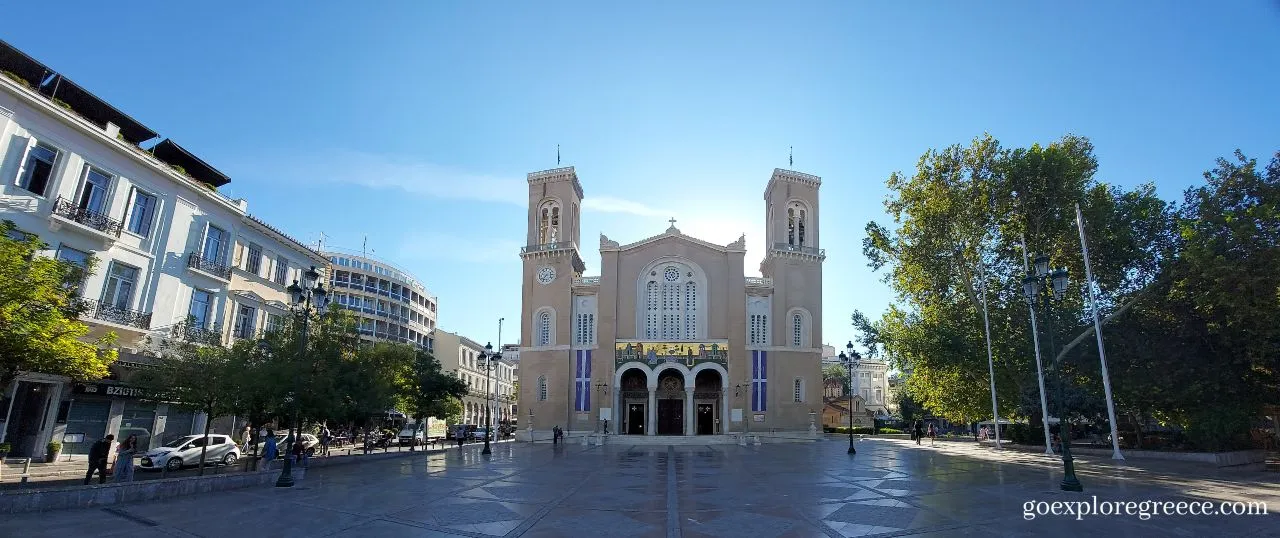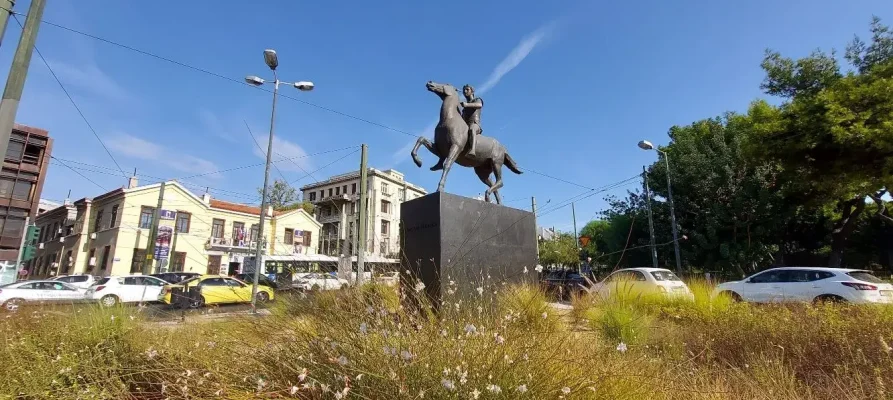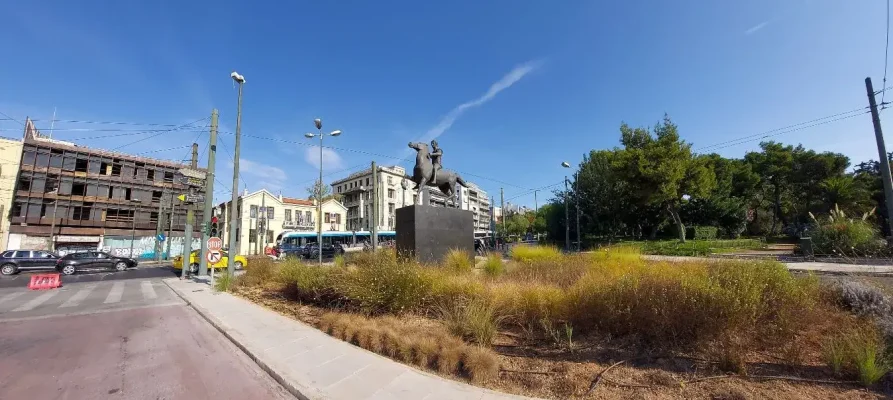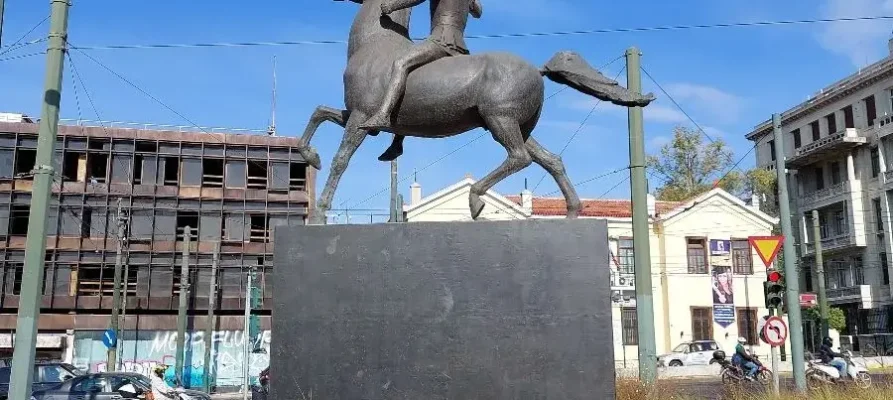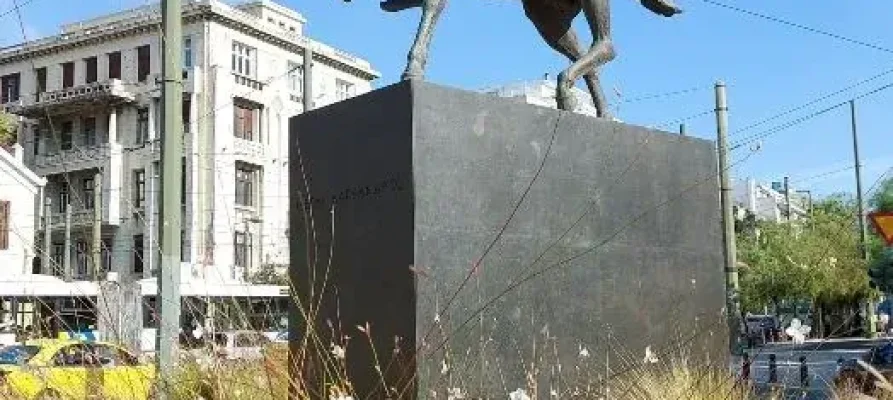Statue of Alexander the Great
Statue of Alexander the Great
Unveiled in Athens in April 2019 by the then Mayor of Athens, George Kaminis, the stunning bronze statue of Alexander the Great is a sight to behold.
Previously, the statue occupied a less prominent spot in the middle of a property near the sculptor Giannis Pappas workshop from 1993, who passed away in 2005.
Just a minute’s walk from the Arch of Hadrian, it depicts Alexander astride his beloved horse Bucephalus as a teenager rather than a mature warrior and conqueror.
The History of Alexander the Great
Alexander the III of Macedon, commonly known as Alexander the Great, was the king of the ancient Greek kingdom of Macedon.
Born 356 BC, he succeeded his father Philip the II to the throne in 336 BC at the age of 20 and then spent most of his ruling years conducting a lengthy military campaign throughout Western Asia and North East Africa.
He was tutored by Aristotle until the age of 16. By the time he was thirty, he had created one of the largest empires ever in history, stretching from North India to Greece. He was undefeated in battle and is widely considered one of history’s greatest and most successful military commanders.
In 336 BC, his father was assassinated at the wedding of Cleopatra, whereupon he and his sister assumed the throne of the Kingdom of Macedon.
In 335 BC, he campaigned in the Balkans, reasserting control over Thrace and Illyria before entering the Greek city of Thebes and was then awarded the generalship of Greece. Later, he used his authority to launch what was his father’s pan-Hellenic project and assumed leadership over all the Greeks in their conquest of Persia.
In 334 BC, he invaded the Persian Empire. Following his conquest of Asia Minor (modern-day Turkey), he broke the power of Persia by a series of successful and decisive battles, including those at Issus and Gaugamela. He then began a major series of campaigns lasting 10 years.
Alexander endeavoured to reach the “ends of the world and the Great Outer Sea” and invaded India in 326 BC, achieving a significant victory over King Porus at the Battle of the Hydaspes. He then overthrew King Darius the III and went on to conquer the Persian Empire in its entirety.
At that point, his empire stretched from the Adriatic Sea to the Indus River. Then, due to the demands of his troops being homesick after years of war, he eventually turned back.
In the years following his death in 323 BC in Babylon (the city he planned to establish as his capital), a series of civil wars tore his empire apart.
The legacy of Alexander the Great encompasses many aspects. He founded more than twenty cities that bore his name, most notably Alexandria in Egypt. Alexander’s settlement of Greek colonists and the resulting spread of Greek culture resulted in Hellenistic civilization, which developed through the Roman Empire into modern Western culture. The Greek language became the lingua franca of the region. It was the predominant language of the Byzantine Empire up until its end in the mid-15th century AD.
Greek-speaking communities in central and far eastern Anatolia survived until the Greek genocide and the population exchange in the 1920s. Alexander became legendary as a classical hero in the mould of Achilles, featuring prominently in the history and mythic traditions of both Greek and non-Greek cultures.
His military achievements and enduring, unprecedented success in battle made him the measure against which many later military leaders would compare themselves. Military academies throughout the world still teach his tactics.
The area around the statue is accessible via wheelchair.

